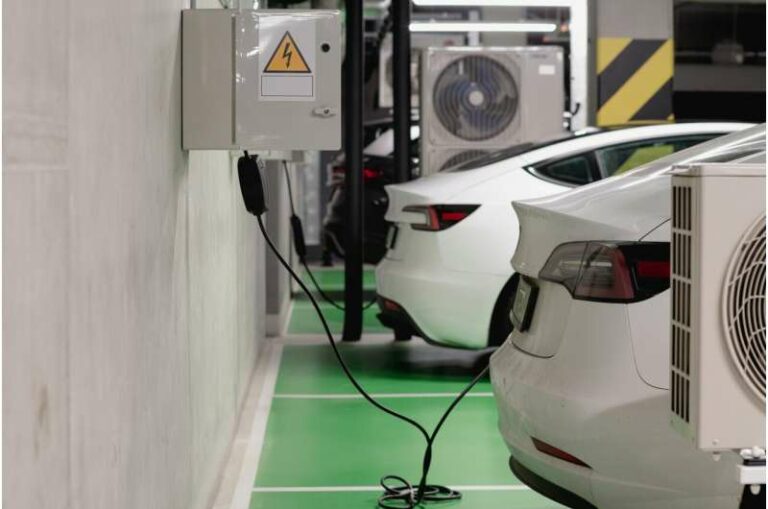Study Challenges Conventional Wisdom on EV Incentives
Researchers from Carnegie Mellon University’s Tepper School of Business have found that expanding electric vehicle (EV) charging infrastructure is more effective than tax credits in promoting EV adoption. The study, published in Marketing Science, analyzed consumer behavior in Washington state between 2016 and 2019 using a dynamic discrete choice demand model.
The research, conducted by Cheng Chou and Tim Derdenger, suggests that while tax credits have been a primary tool for encouraging EV adoption, investing in charging infrastructure could have a more significant impact. According to the study, removing tax credits and redirecting funds to build a network of Level 3 fast-charging stations could increase EV adoption by nearly 26% and reduce emissions by 51%.

The researchers developed a new approach to modeling consumer choice that accounts for dynamic selection, continuous unobserved consumer heterogeneity, and continuous unobserved product characteristics. This method allows for more accurate predictions of how different policy interventions might affect EV adoption rates.
One key finding is that tying tax credits to a vehicle’s electric range rather than battery size could boost EV sales by about 1.5% in major counties while reducing emissions by 11%. However, this approach is still less effective than investing in charging infrastructure.
The study’s results have significant implications for policymakers looking to promote sustainable transportation. As the U.S. government considers how to allocate resources to support EV adoption, this research suggests that prioritizing charging infrastructure development could lead to more substantial emissions reductions and higher EV adoption rates.
As noted by the researchers, their estimation method has broader applications beyond the study of EV adoption, potentially informing policy decisions in other markets with diverse product offerings.



